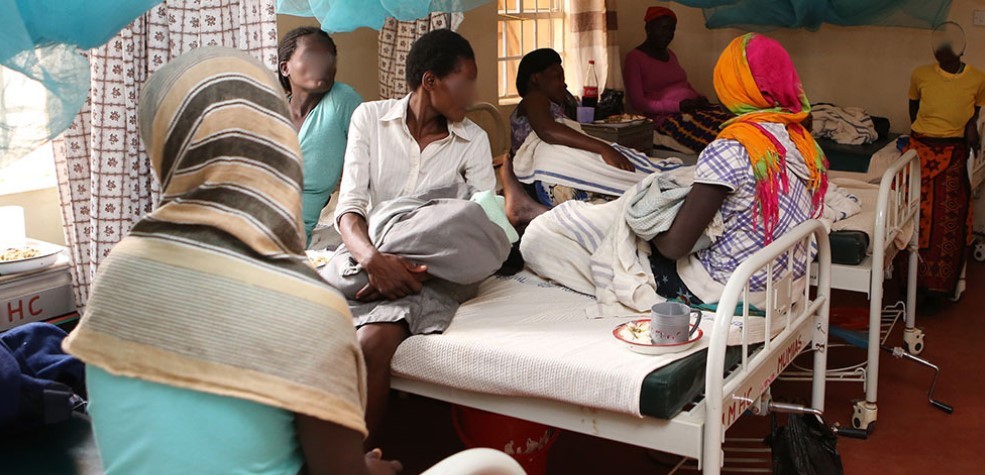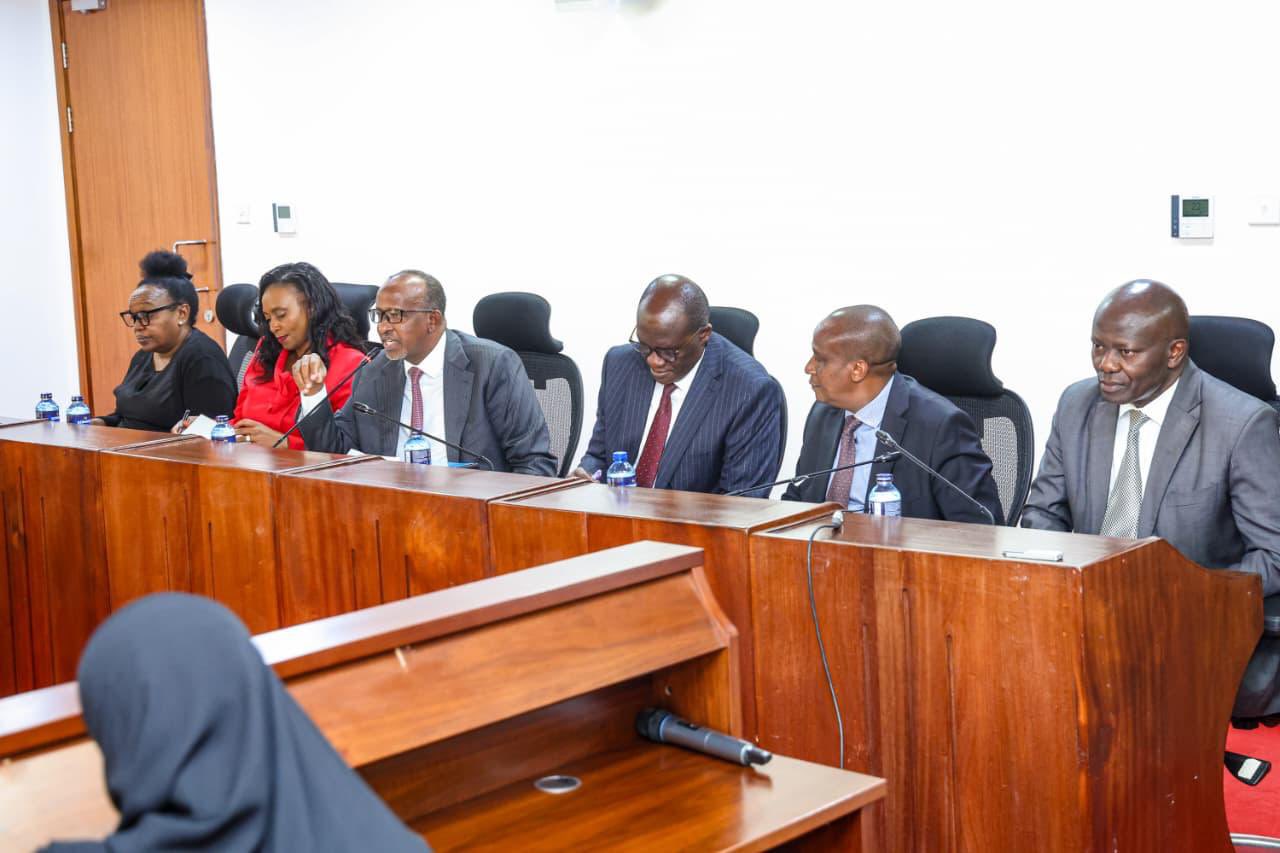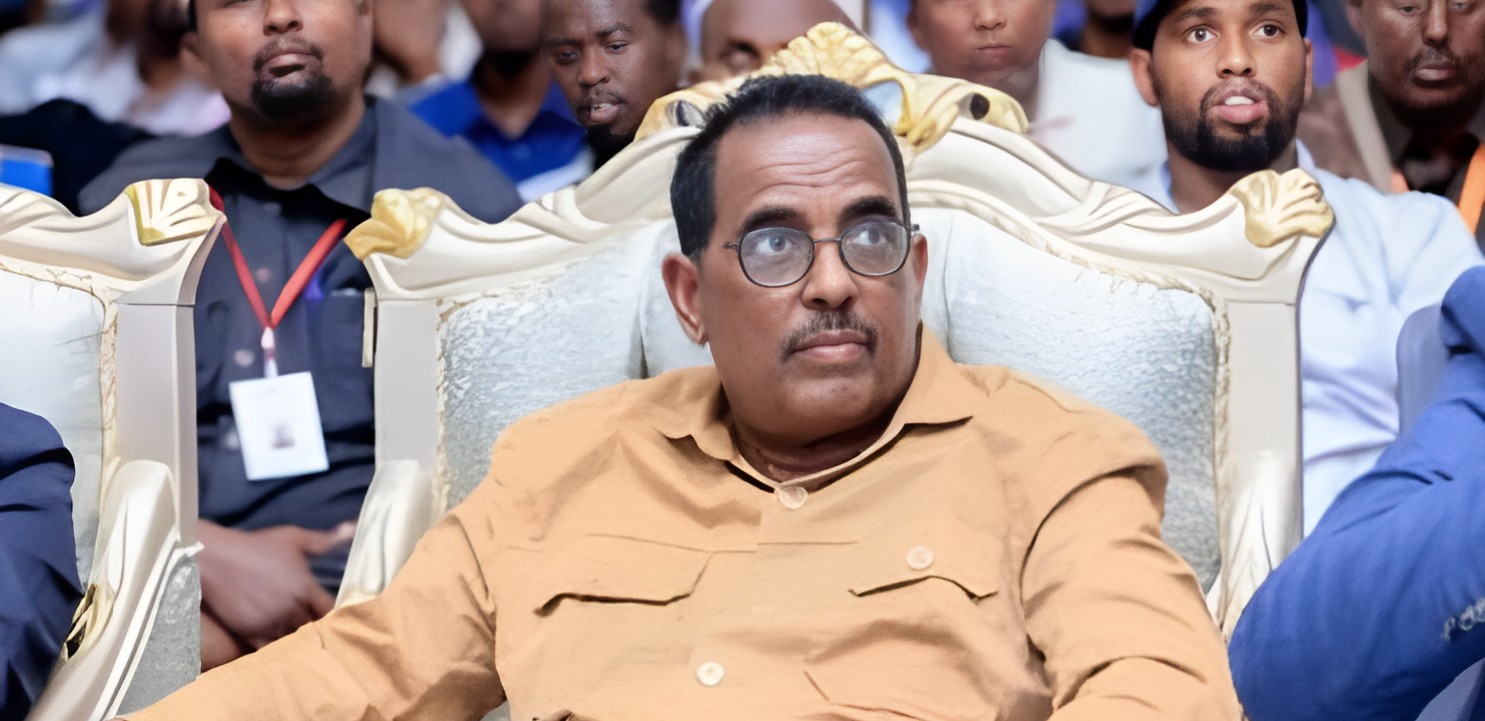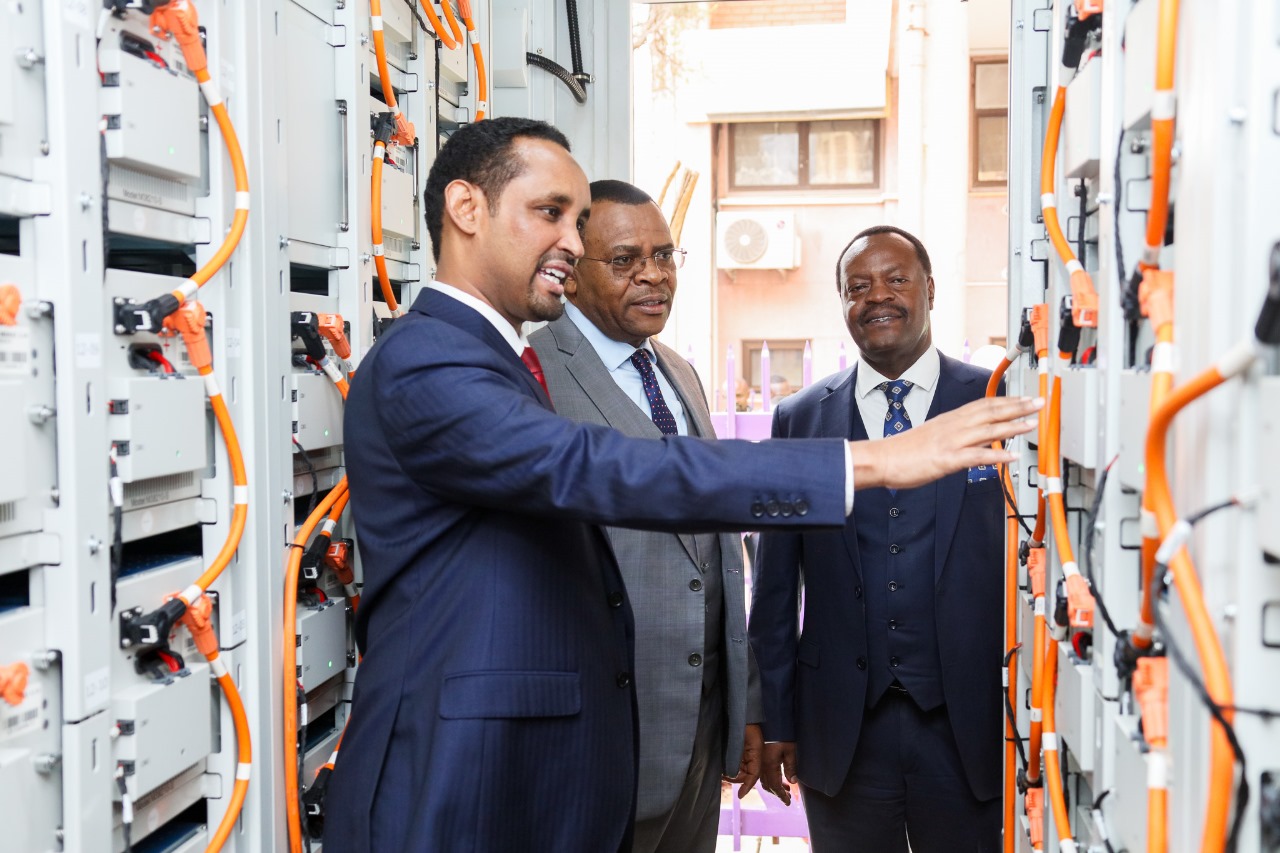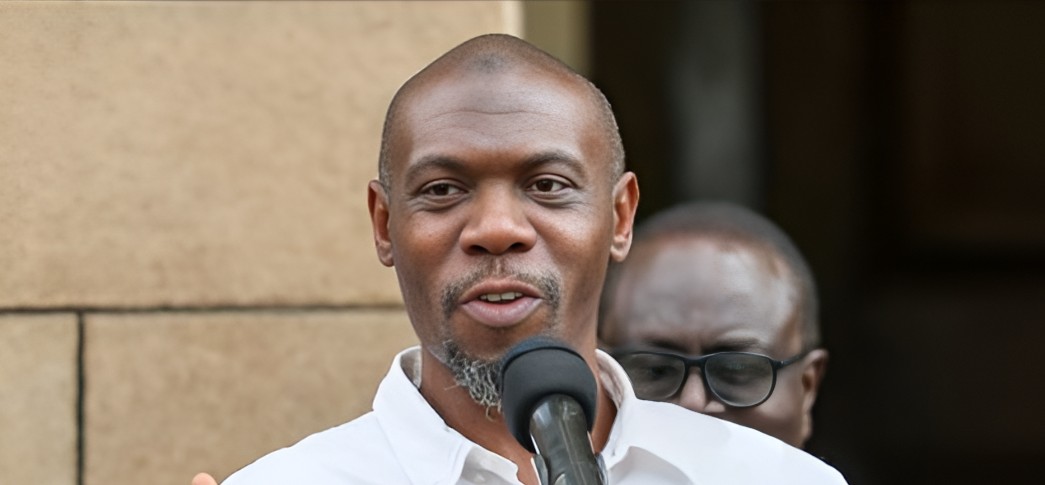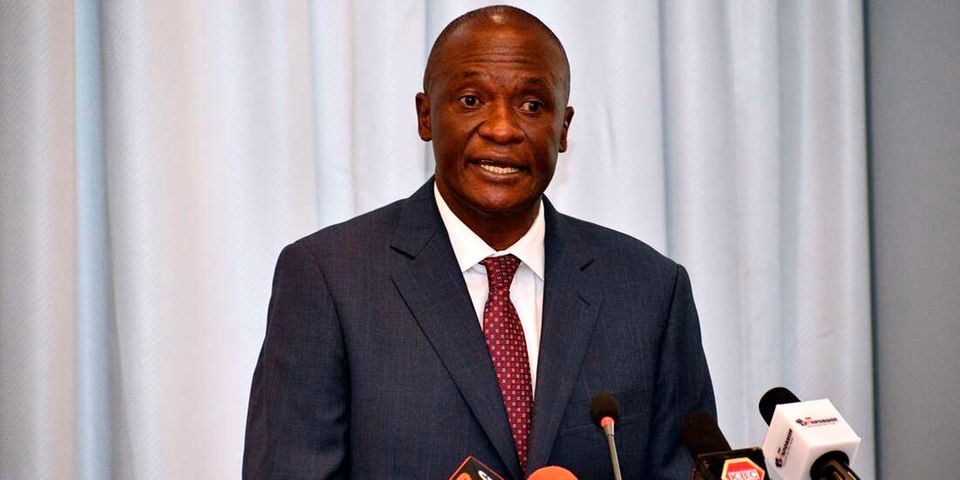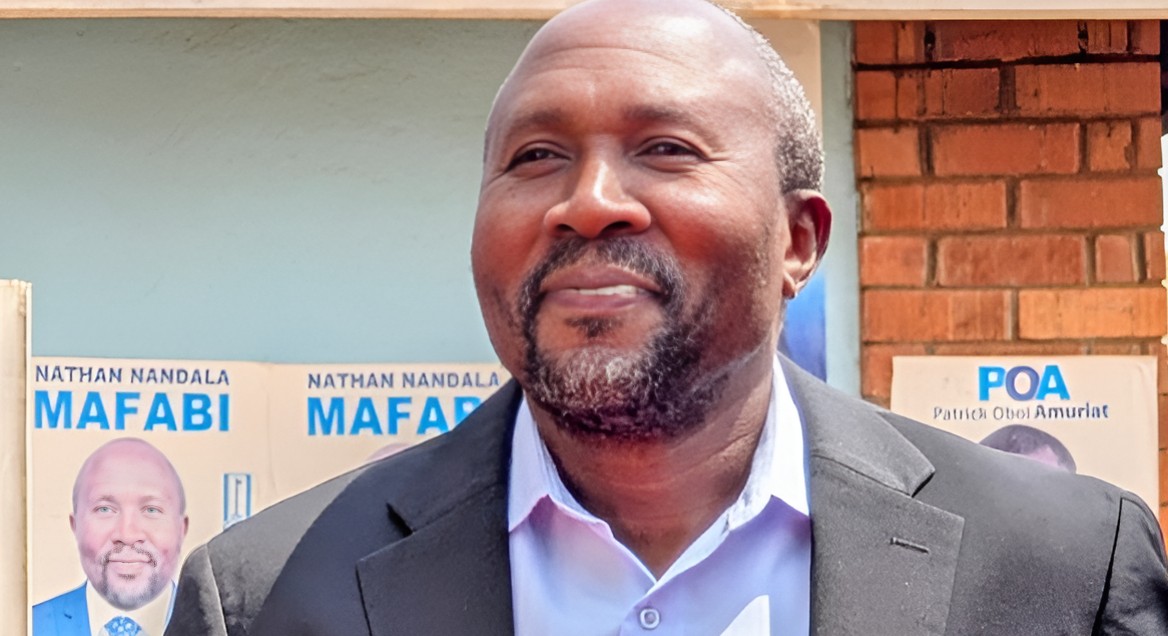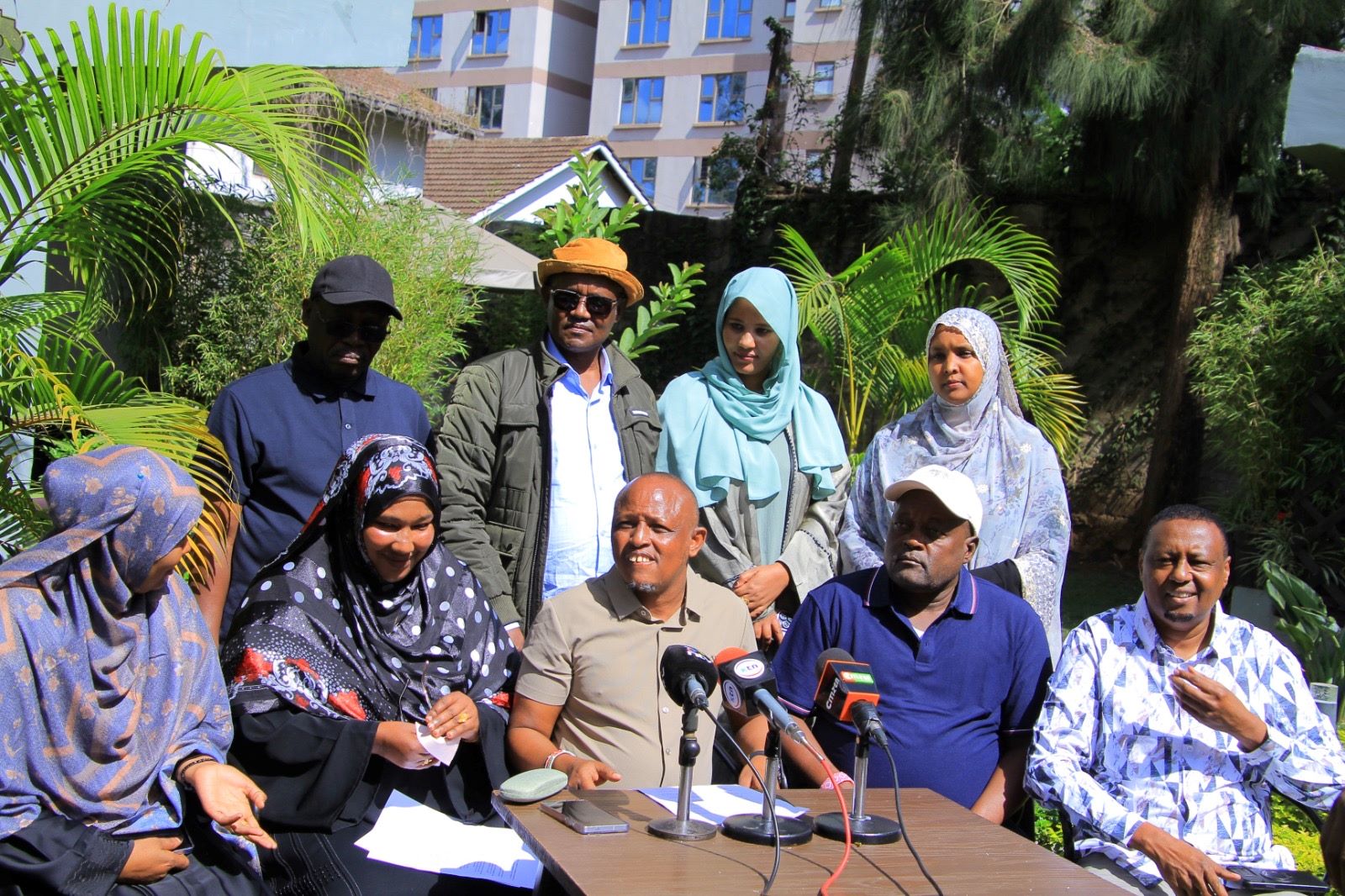Kenya on track to reach 10 million households connected to national grid by 2025
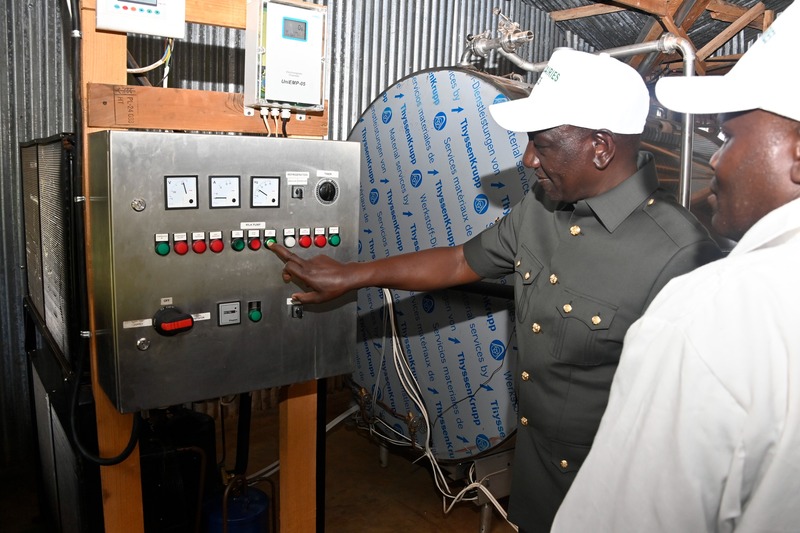
Currently, approximately 9.76 million Kenyans are already connected to the grid.
At least 10 million more households in Kenya are set to be connected to the national electricity grid by 2025, as part of the government's plan to achieve full electricity connectivity across the country by 2030.
Currently, approximately 9.76 million Kenyans are already connected to the grid, marking significant progress towards this goal.
More To Read
- Over 180,000 households targeted in latest electrification plan as state rolls out Last Mile Phase III Project
- Kenya Power to supply 47,000 subsidised electric cookers in clean energy push
- 150,000 more customers targeted under phase 6 of Last Mile power project
- Kenyans connected to the grid hit 9.8 million in December 2024, Epra says
- Kenya on track to achieve universal electricity access by 2030 - report
- Isiolo, Marsabit, Mandera among 12 counties to benefit from state’s Sh10bn electricity access deal
Alex Wachira, the Principal Secretary in the State Department for Energy, revealed that efforts are underway to connect over 25,000 new customers each year, working towards reaching the 10 million mark ahead of schedule.
"Currently, we have 9.7 million customers connected to electricity. We are hopeful to exceed the 10 million mark in terms of connectivity by 2025," Wachira said during a visit to the Gikamba sub-location in Kieni, Nyeri County.
Wachira's remarks were made during his supervision of the Rural Electrification and Renewable Energy Corporation (RE-REC)'s "Last Mile Connectivity Programme," an initiative aimed at bringing electricity to remote areas.
On this particular day, the program was celebrated with the connection of 314 homes, providing long-awaited access to power for families that had been without electricity for over 50 years.
Over the past two years, the Last Mile Connectivity Programme has already connected approximately 800,000 Kenyans to the grid, helping to transform communities that previously lacked reliable access to electricity.
The PS stated that electricity is not just a utility—it's a powerful tool for economic transformation.
"Electricity is an enabler. For instance, with this connection, people can now set up small businesses such as posho mills, welding businesses, barber shops, and many more. That is what we call Bottom Up Economic Transformation Agenda," he added.
The government's commitment to increasing electricity access is also reflected in its long-term goals under the Medium-Term Plan IV, a framework within Kenya's Vision 2030.
As highlighted by the PS at the Dedan Kimathi University of Technology in June, the expansion of electricity access is a key deliverable for the Kenya Kwanza administration's development agenda.
Top Stories Today
- Eight children feared dead as cult probe intensifies in Kilifi’s Chakama compound
- CBK moves to revise 2017 cyber rules as fraudsters exploit new technology
- 10 Kenyan mothers die daily from preventable postpartum haemorrhage
- Why Stephen Munyakho spent 14 years on death row despite 5-year sentence
- KenGen launches battery storage to power data centre, boost green shift
- 'I lacked patience': Stephen Munyakho regrets fatal altercation in Saudi that changed his life

